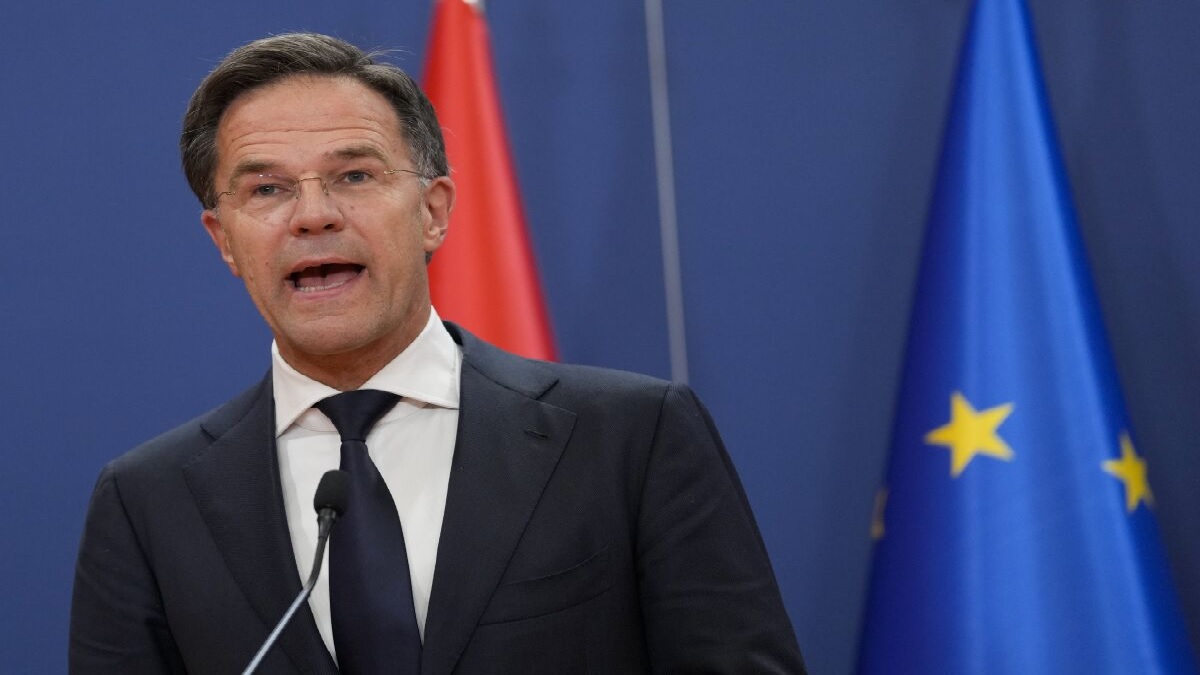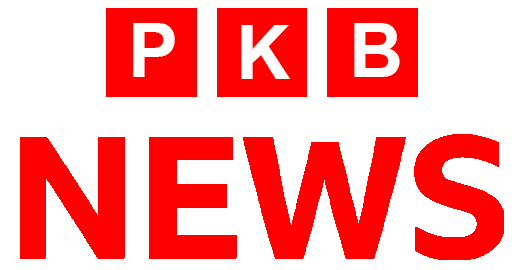Dutch Government Collapses Meaning: What does it mean when a government collapses?
Do you know what is the most trending topic on the internet right now? The most trending topic is that the Dutch government had a sudden collapse. The sudden fall of Prime Minister Mark Rutte’s administration amid tense debates over immigration policy sparked political unrest in the Netherlands. Rutte, a well-known personality in Dutch politics, virtually ended his fourth administration when he forced his coalition partners to agree to non-negotiable criteria about the right to family reunions for refugees from conflict zones. This article discusses the circumstances leading up to the collapse of the government as well as any possible ramifications and prospects for Dutch politics in the future.

Dutch Government Collapses Meaning
The People’s Party for Freedom and Democracy (VVD), the Christian Democrats, the liberal D66, and the smaller Christian Union are all members of Rutte’s coalition and have recently discussed asylum policy. These talks sought to create a compromise between respecting humanitarian principles and addressing worries about the greater demand for resources and integrating newcomers that come with it. Rutte’s non-negotiable demands on Wednesday caused a breakdown in communication and undid the gains gained during the negotiations.

The goal of Rutte’s ultimatum was to restrict the ability of war-zone refugees to reunite with their families. This action generated indignation right once and created significant differences within the coalition, which quickly escalated the battle.
Political unrest and uncertainty have resulted from the Dutch government’s collapse. Decision-making procedures can be hampered and the government’s governance can be disrupted by a quick change in leadership. The problem of immigration policy is still open in the wake of the crash. The Dutch government is now faced with the issue of developing a new strategy to manage the complexity of migration while preserving the well-being of refugees and the integration of new immigrants after the negotiations were suspended and no agreement was achieved.

Election repercussions may result from the dissolution of the administration. Political parties will need to transfer themselves and outline their plans on migration and other important subjects as the Dutch public gets ready for an unexpected election. This development might cause a realignment of political forces and affect how future coalition administrations are put together.
The formation of a new administration is required as a result of the Dutch government’s collapse. The Netherlands must now take the initiative in new negotiations and form a coalition that is capable of adequately resolving the urgent problems facing the country. Future policy decisions, especially those about immigration and asylum, will be influenced by the results of the approaching election, which will also determine the aim of the new administration.






